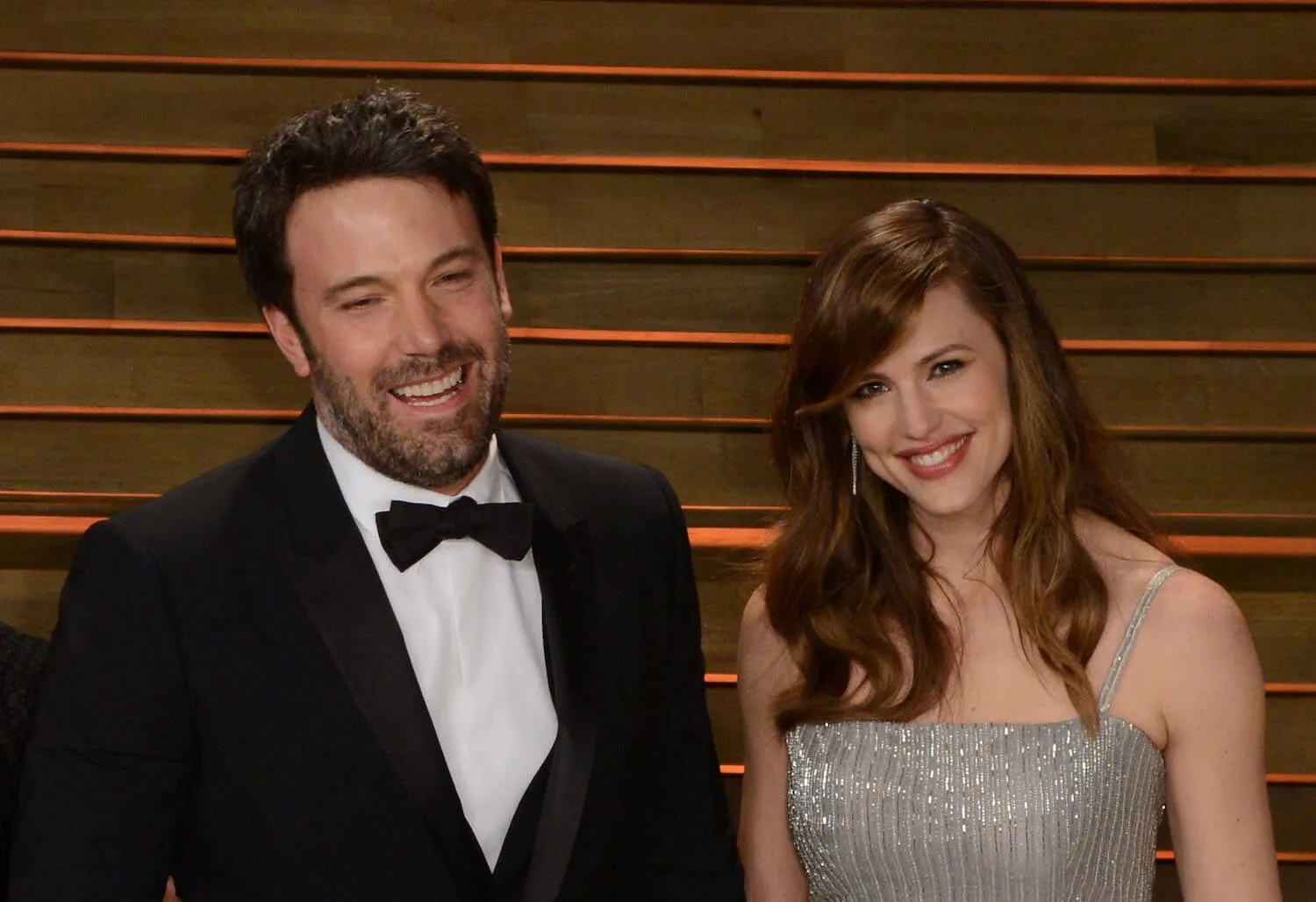
Jennifer Garner Wanted to Take Down Ben Affleck at the Box Office
Jennifer Garner and Ben Affleck have both starred in quite a few blockbuster movies in their long careers. But Garner admitted that there was a part of her that wanted to one up her husband at the box office.
Jennifer Garner once joked that it’d be nice to beat Ben Affleck at the box office

Garner and Affleck both knew what it was like to be a part of a few blockbusters. Although Affleck once had the bigger commercial success when it came to films. Even earlier in his career, movies like Armageddon and Pearl Harbor solidified him as a reliable box-office star. Although overtime Affleck wanted to stop doing movies strictly for the paycheck.
“The only thing I regret are the times I took movies just to work,” Affleck once told Entertainment Weekly.
The pivot Affleck took with his career allowed him to do perhaps more creatively fulfilling projects like The Town and Gone Girl. These films offered Affleck further critical acclaim and creative challenges, but still proved successful at the box office.
His ex-wife Garner also enjoyed a successful film career. But she admitted it would’ve been satisfying if she could beat Affleck head to head in the theaters for a change. She joked about her aspirations when a film she did was going directly up against Affleck’s Gone Girl.
“I am not anticipating Men, Women & Children taking Gone Girl. But it would feel great someday to spank him at the box office,” she once told Time.
Garner may have recently accomplished this feat with her cameo in the new Deadpool & Wolverine movie. Although it didn’t go head to head with any of Affleck’s films, it became the highest grossing feature she has ever appeared in. It even surpassed Affleck’s best grossing movie Batman V Superman, which generated $800 million at the box office.
Jennifer Garner almost retired from acting early because of her family
There was a point where Affleck almost became the only actor in his and Garner’s household. Garner took a long hiatus from acting to take care of her kids. But she didn’t realize how much time had passed before her last film. Not until her agent Patrick Whitesell called her and put everything in perspective.
“Patrick said, ‘Either this is the telephone call about you doing Dallas Buyers Club and how we’re going to make that happen, or it’s a telephone call about your retirement,’” Garner once told Variety. “That was a real moment of decision and clarity and I loved him for it because it forced me to say, ‘OK, I am not ready to be home all the time.’”
Ben Affleck explained how his box-office power has been affected by the movie business
Lately, a few of Affleck’s movies haven’t done as well at the box-office as he might’ve hoped. But this was a different situation from his Gigli and Jersey Girl days, where his dating life might’ve overshadowed his movies. Affleck theorized that content on streaming made it difficult for more original projects to find success on the big screen.
“One of the fundamental ways it’s changing is that the people who want to see complicated, adult, non-IP dramas are the same people who are saying to themselves, ‘You know what? I don’t need to go out to a movie theater because I’d like to pause it, go to the bathroom, finish it tomorrow,’” Affleck once told The Hollywood Reporter. “It’s that, along with the fact that you can watch with good quality at home. It’s not like when I was a kid and the TV at home was an 11-inch black-and-white TV. I mean, you can get a 65-inch TV at Walmart for $130. There’s good quality out there and people are at home streaming in Dolby Vision and Dolby Atmos. It’s all changed.”
But Affleck embraced the changes, and asserted there were some advantages to new content being so accessible. Even if it might’ve come at the cost of box-office success.
“The theatrical experience is great, I love the theatrical experience, but the business has changed over time,” he said. “First it was vaudeville, and then silent pictures, and then the talkies, and then color, and the radio came out and everybody said it was going to kill movies. TV came out and everybody said it would kill movies. Every time it’s the same, people watch stories that move them in different ways [on different platforms]. I think that’s OK.”


